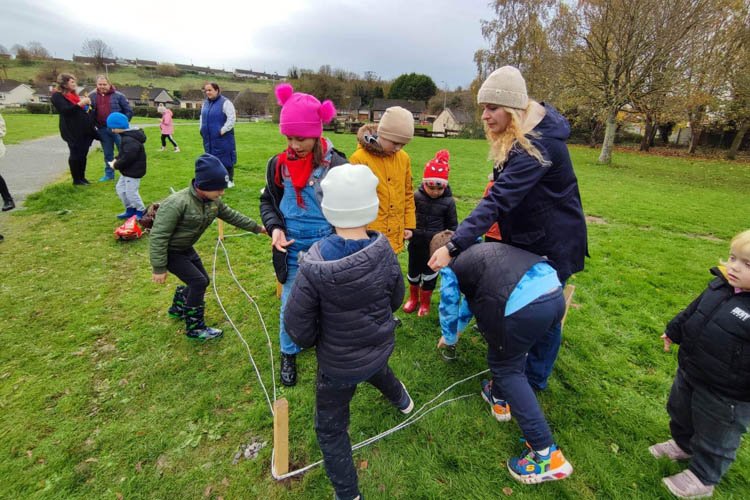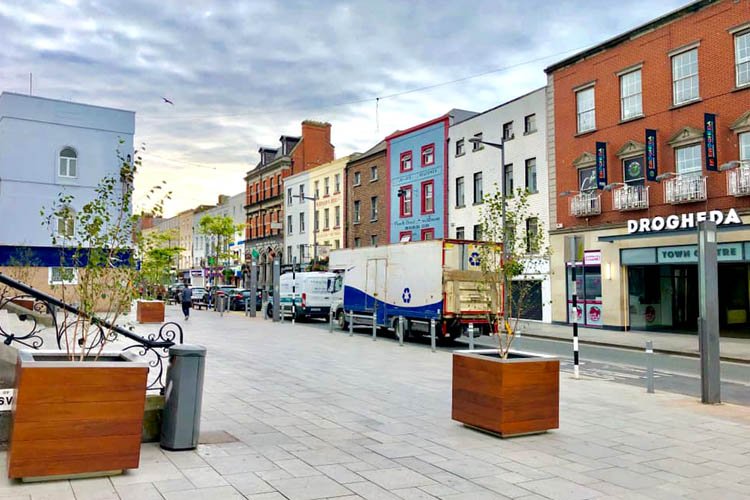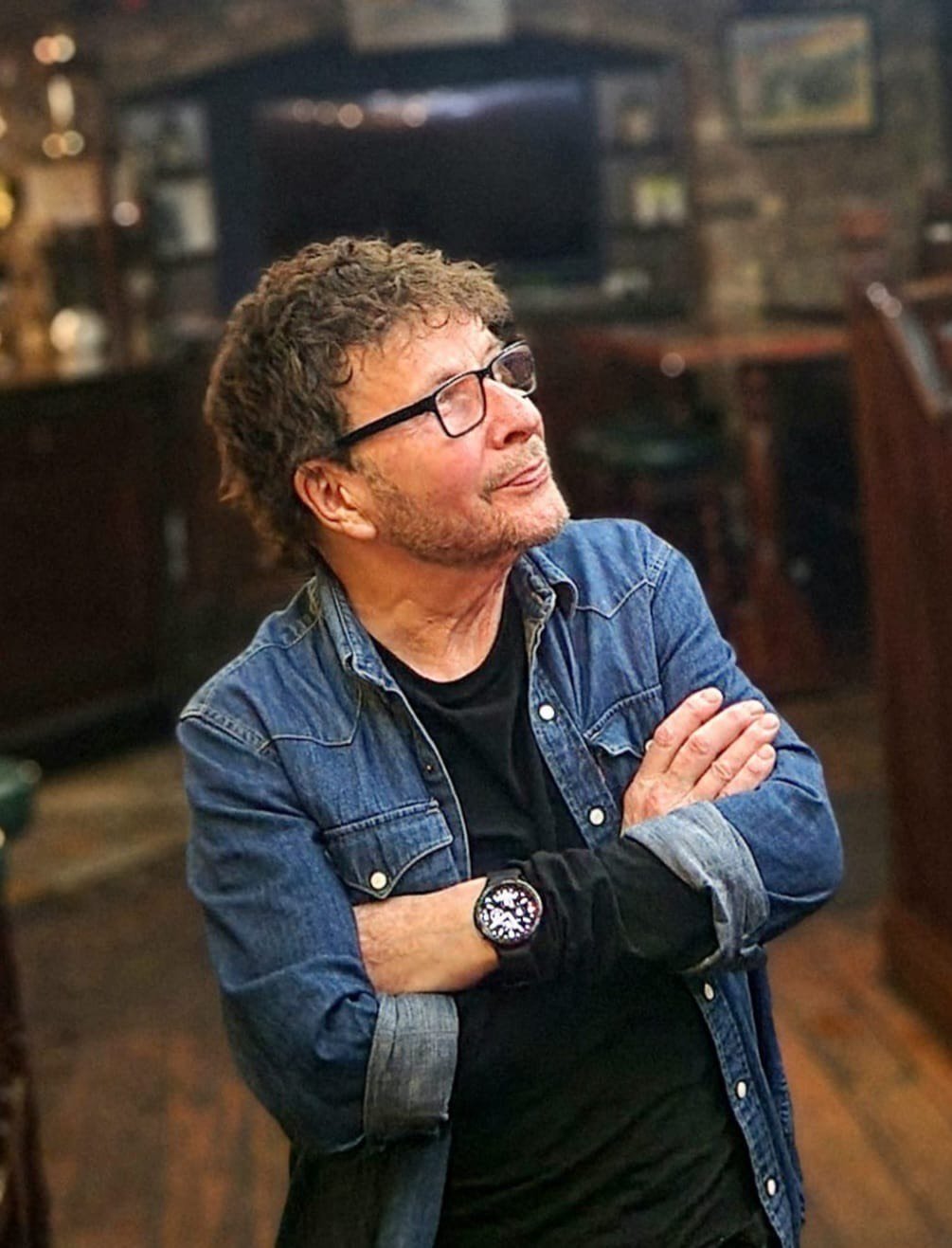By Andy Spearman
A floral display planted in Dominic’s Park by children from Drogheda’s Romanian community in memory of the millions of children who were murdered in the Nazi death camps of the second World War has been vandalised just days after it was installed.
The Drogheda memorial was part of The Crocus Project which is a Europe-wide initiative which originated in Ireland supported by the Department of Education and has more than 100,000 young people from ten European countries taking part .
One of the organisers of the Drogheda memorial, Mihaela Balan, explained to Drogheda Life that The Crocus Project aims to raise awareness of the 1.5 million Jewish children who perished in the Holocaust and the hundreeds of thousands of other children who were victims of Nazi atrocities.
“Romania, like many other countries in east and central Europe, was tragically affected by the regime of those times” Mihaela said. “It was not just Jewish people who were targeted by the Nazis but many other groups including the Roma people and other communities.
“Holocaust Education Ireland normally supplies yellow crocus bulbs for young people to take part in the project, but as we were short of time, we decided to buy some of the bulbs ourselves and the rest were provided by the Romanian embassy in Dublin, who informed us about the project” Mihaela continued.
On Saturday, November 19th, the local group met in St Dominic’s Park where they planted bulbs with the children from the Romanian community and gently explained to them about the mistakes of humanity that led to the holocaust.
“The flower bed was marked with a sign with explanations in both Romanian and English” Mihaela said. “Unfortunately it was destroyed but we are looking to replace it with a more sturdy one and display it on the 27th of January, which is the Holocaust Memory day.
“The bulbs will produce yellow crocus flowers, similar to the Star of David worn by the Jews during their persecution. The yellow flowers recall the stars that Jews were forced to wear under Nazi rule.

“The memory is not limited to Jews, but also to Roma, homosexuals, people with disabilities, and victims in general of the xenophobic ideas that enveloped the world approximately 80 years ago. Crocuses bloom around the end of January at the same time as international Holocaust Memorial Day.”
Mihaela explained that the group had asked Louth County Council in advance for permission to plant the flowers and were told that the bed where they planted the bulbs will be reserved for the Romanian community as long as they take care of it.
“As an act of resilience, we intend to get back and plant other flowers that remind us of our country and by which the entire town can enjoy and benefit from” she said.
“In the near future we are thinking of planting daffodils or snowdrops. Hopefully (members of) other communities will feel inspired as well.”





